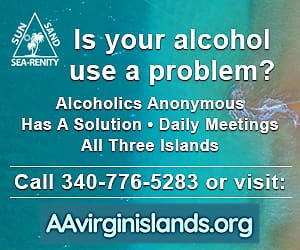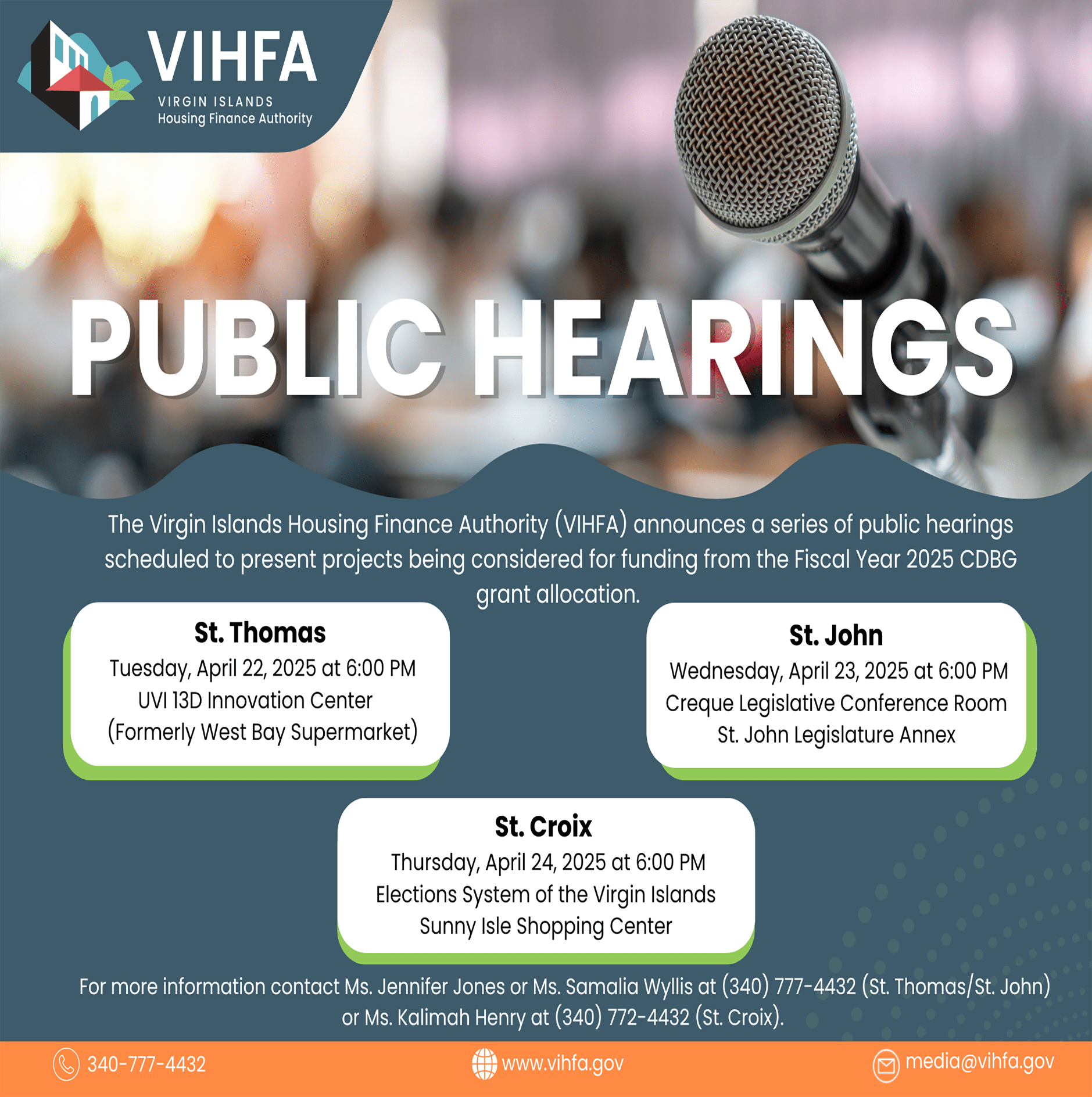
The owners of a commercial farm on St. John are taking a major step to adopt protective agriculture practices. Over the Easter weekend, Coral Bay Organic Farm and Garden Center accepted delivery of materials to build five greenhouses.
Owners Hugo and Josephine Roller said they decided to take this step after reviewing a study of their farm conducted by an agent of the Natural Resource Conservation Service three years ago. At the time, farm owners were seeking help to rebuild a foot bridge that was part of the property.
Those considerations led to a new decision — building greenhouses.
Among the farm’s best sellers are organic greens: arugula, mixed salad greens, basil and herbal teas packaged under the name Josephine’s Greens. They are found in supermarkets and restaurants. Residents can drive up to the farm and buy them on the spot. Josephine Roller, Hugo’s wife and business partner, is a former top official from the V.I. Agriculture Department.
As they watched crews unload construction material from a flatbed truck, they bantered back and forth about capacity. “They’re not very big. 30 by 72,” Josephine said.
Back home in the Philippines, greenhouses are much bigger. Hugo said what was being set up was big enough for him.
“The main thing is to control your environment for growing. We have too much sun, the rain falls and it’s a blessing, but it sometimes falls at the wrong time. So when you’re harvesting, you’re gonna get soaked along with the greens. And sometimes, it comes too fast and in a very short period of time. And so you get waterlogged soils, and then you get damping off of the crop that starts to turn yellow,” he said.
Greenhouse production allows farmers to collect water from the greenhouse, store it in tanks, and water when needed, Hugo said. “And also make it possible to harvest when you need to harvest.”
And after working the farm since 1984, time has passed and the Rollers — like many V.I. farmers — are getting older. Protective agriculture systems demand less energy from aging bodies, Hugo said.
One of the outcomes the Coral Bay farmers said they most look forward to is being able to ensure reliable deliveries. “If we can’t factor that additional product demand into our planting regime, how do we accept another customer? We can’t. Because you can’t be reliable,” Hugo said.
Protective farming methods and greenhouse farming are widely used in Southeast Asia, India and parts of Africa. In the Dominican Republic, practices like these have aided in the production of tomatoes, peppers, and cucumbers, table items that many households rely on.
“In the Virgin Islands, small growers have the added incentive of not having to pay for transportation for their food,” Hugo said. “We’re here producing. We can compete better with those off island growers because the shipping isn’t added to our produce cost.”
The couple said it may take a few months after initial construction to demonstrate the benefits of new farming methods. They also credited the U.S. Agriculture Department for providing a small grant to help offset the cost of the project.










